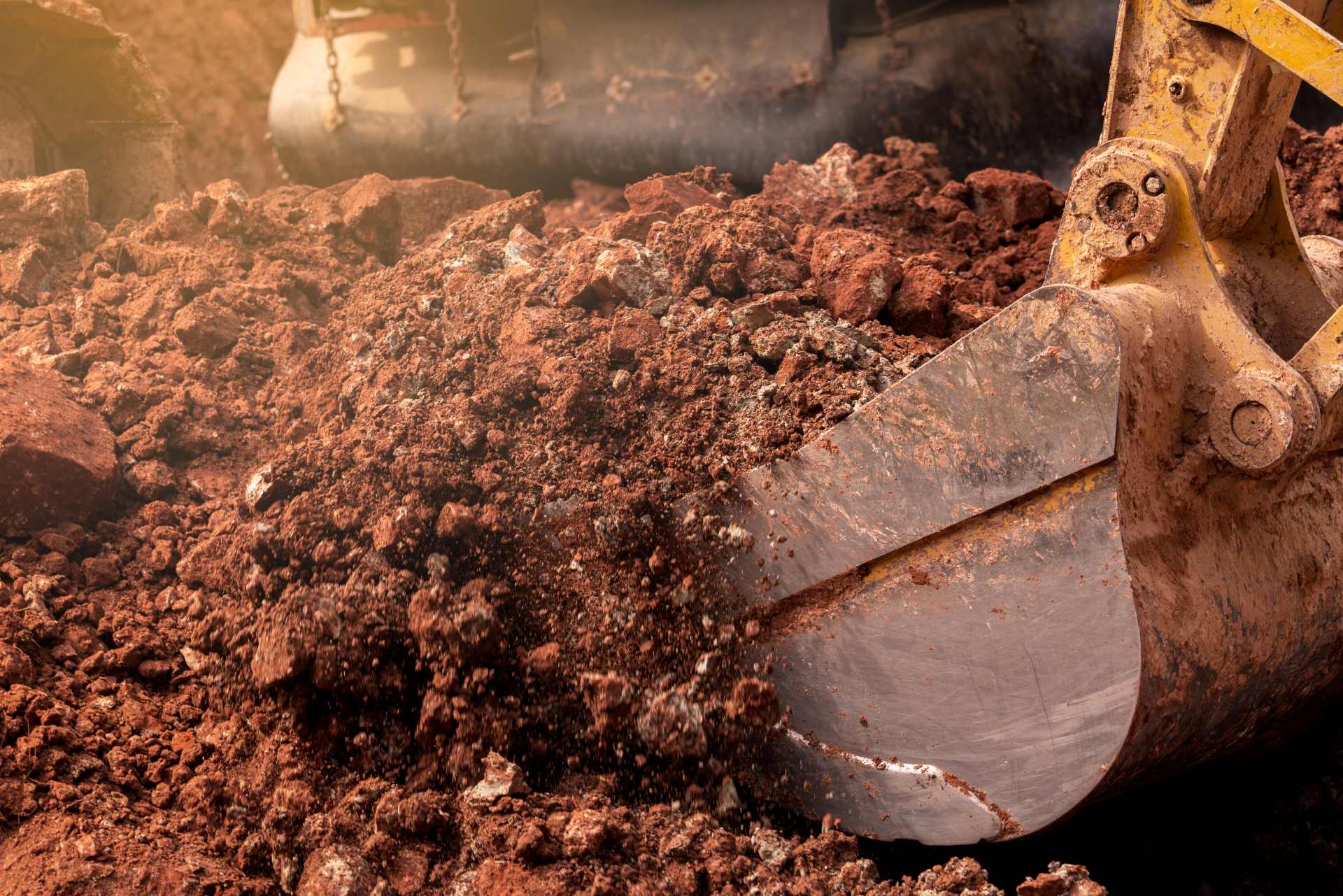
Soil remediation is the process of cleaning up soil that is contaminated with pollutants or hazardous substances. It is used to restore the land to its original and natural state and can be an effective way of protecting the environment. Soil remediation includes techniques such as excavation and removal of contaminated soil, soil washing, bioremediation, and thermal or chemical treatment, but what is contaminated soil, what do each of these techniques involve, and why is it important?
If you’re searching for a demolition contractor that specialises in soil removal, you’ve come to the right place. Contact our team at Gumdale Demolition on (07) 3809 4108 or get a free quote online.
What is Contaminated Soil?
By definition, any substance in soil that exceeds naturally occurring levels and poses a threat to humans and the environment is considered a soil containment. The places most at risk of contaminated soil are urban areas and former industrial sites. Contaminated soil is most often caused by pesticides, asbestos, lead, petroleum products, and radon. If you are unsure if the soil on your site is contaminated or not, get it tested by a professional.
Types of Soil Remediation
Excavation and Removal
A common method of contaminated soil removal is physical removal. This involves excavating the contaminated soil and transporting it to a disposal site where it can be handled safely. This method is often used in large scale projects and may be necessary where there are high levels of toxic material present that can’t be treated by other means.
Soil Washing
Soil washing is as it sounds, and hazardous contaminants are removed by washing the soil with a liquid wash solution. This process involves fine soils, such as clay and silt, being washed away with contaminants, as they are much more prone to bind with fine soils. This process leaves coarse soils, like gravel and sand, that can be reused. Contaminants removed this way are not destroyed and must be disposed of professionally.
Bioremediation
Bioremediation uses living organisms to actively remove and immobilise soil pollutants. This technique uses micro-organisms or plants to break down or fixate soil contamination. Certain bacteria can be used to reduce compounds, and some plant species can accumulate contaminants, drawing them out of the soil.
Chemical Treatment
Chemical soil treatment generally focuses on chemical oxidation, where chemical oxidants are injected into the soil and groundwater to destroy the contaminants present. This is a versatile solution for contaminated soil removal that is useful when working with contaminated soils that are deep underground or underneath structures.
Thermal Remediation
There are several treatment technologies that rely on heat for contaminated soil removal. Thermal treatments use heat to destroy the contaminants which are released in the form of gas and is further treated using other methods.
Why is Soil Remediation Important
Soil remediation is a vital practice as the containments found can be harmful for plants, animals, and humans. In addition to this, the pollution also makes the land unusable, but remediation changes that.
Environmental Health
The first thing affected by contaminated soils is the plants that rely on it for nutrients to survive. The roots take up contaminants and can be fatal for plant life. Contaminated soil also affects animal life, as touching the soil, or eating the contaminated plants can cause health issues. Entire ecosystems can be impacted by contaminated soil.
Public Health
Just like contaminated plants pass on toxins to animals, humans can suffer serious harm by eating contaminated plants and animals. Touching the soil itself also carries risk. People who work on or live near contaminated soil are likely to face some serious health concerns.
Land Availability
Due to industrial practices or overuse of fertilisers and pesticides, land becomes unusable when the soil is contaminated. Remediation restores this land, making it safe for plants, animals, and humans to use. Whether the land is being restored to its natural states, used for further industrial purposes, or being farmed, remediation is very important.
Environmentally Friendly Soil Removal and Demolition
At Gumdale Demolition, we are fully licensed and qualified to handle a range of demolition projects on commercial, residential, and industrial properties. These demolition projects typically result in a lot of excess materials being on-site, which is why we also offer soil removal services to take this waste off your hands.
We ensure this soil is safely disposed of and ready for reuse. If you’re ready to get started, or you wish to learn more about our services, give us a call on (07) 3809 4108 or get a free quote online.



